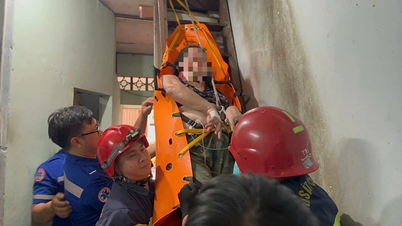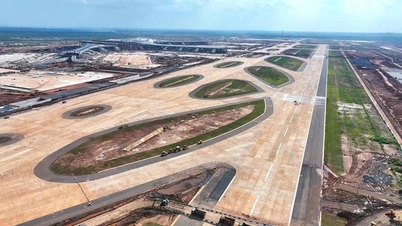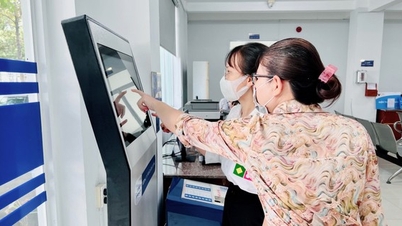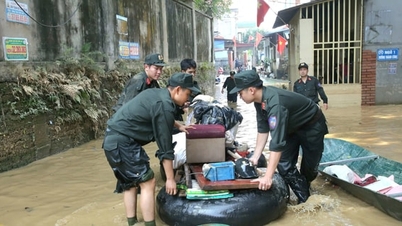According to the World Health Organization (WHO), natural disasters, wars or epidemics not only cause property and physical loss but also cause deep damage to the human spirit.
Every year, millions of people around the world are affected by emergencies such as conflicts, natural disasters or epidemics. These events not only disrupt lives but also have a profound impact on mental health.
Most affected people experience anxiety, sadness, fatigue, difficulty sleeping, or irritability. These symptoms may resolve over time, but some may develop psychiatric disorders such as depression, anxiety, or post-traumatic stress disorder (PTSD) in 22% of patients.
In addition, people who already have mental health problems are more vulnerable during and after a crisis.
After natural disasters, epidemics, and wars, many people may lose their homes, lose loved ones, experience poverty, or be separated from their families, causing them to fall into a state of prolonged stress.

People wearing mourning scarves travel by boat to take care of family matters during flood season (Photo: Duong Nguyen)
According to WHO, in such circumstances, mental health care should be considered an important part of disaster relief and recovery. Mental health support not only helps individuals overcome the event but also contributes to strengthening the cohesion and recovery of the whole community.
WHO also recommends that mental health and psychosocial support (MHPSS) activities should be integrated into all national emergency response plans.
Each country should set up a dedicated task force to coordinate and train frontline staff in psychological first aid to provide timely assistance to people experiencing emotional crisis. Strengthening community support networks, creating safe environments, encouraging people to share their feelings and seek help are essential.
In parallel, health facilities need to provide basic mental health care services, with professional supervision and guidance according to WHO standards, ensuring everyone has access to appropriate services when needed.
In fact, many countries have used the crisis to develop sustainable mental health care systems.
In Sri Lanka, after the 2004 tsunami, psychiatric services were expanded to all districts, instead of being concentrated only in the major cities as before.
In the Philippines, following Super Typhoon Haiyan in 2013, more than 300 health workers were trained to assist in the assessment and treatment of mental disorders at the primary level.
In Syria, despite ongoing conflict, psychiatric care has expanded beyond hospitals, allowing more people to access support in their communities.
WHO is also working with more than 55 countries to strengthen mental health emergency response capacity. These programmes focus on preparing human resources, building community-based psychosocial support models and ensuring the rights of people with severe mental disorders to care and social inclusion.
Mental health plays a key role in disaster recovery. When people are cared for, listened to, and supported, they are empowered to cope with loss, rebuild their lives, and contribute to society again.
Source: https://dantri.com.vn/suc-khoe/nhieu-nguoi-co-the-roi-loan-tam-than-sau-thien-tai-20251012014752854.htm






![[Photo] Discover unique experiences at the first World Cultural Festival](https://vphoto.vietnam.vn/thumb/1200x675/vietnam/resource/IMAGE/2025/10/11/1760198064937_le-hoi-van-hoa-4199-3623-jpg.webp)






























![[Photo] General Secretary attends the parade to celebrate the 80th anniversary of the founding of the Korean Workers' Party](https://vphoto.vietnam.vn/thumb/1200x675/vietnam/resource/IMAGE/2025/10/11/1760150039564_vna-potal-tong-bi-thu-du-le-duyet-binh-ky-niem-80-nam-thanh-lap-dang-lao-dong-trieu-tien-8331994-jpg.webp)




























![[Photo] General Secretary attends the 80th Anniversary of the Traditional Day of the Armed Forces of Military Region 4](https://vphoto.vietnam.vn/thumb/402x226/vietnam/resource/IMAGE/2025/10/12/1760265970415_image.jpeg)


































Comment (0)